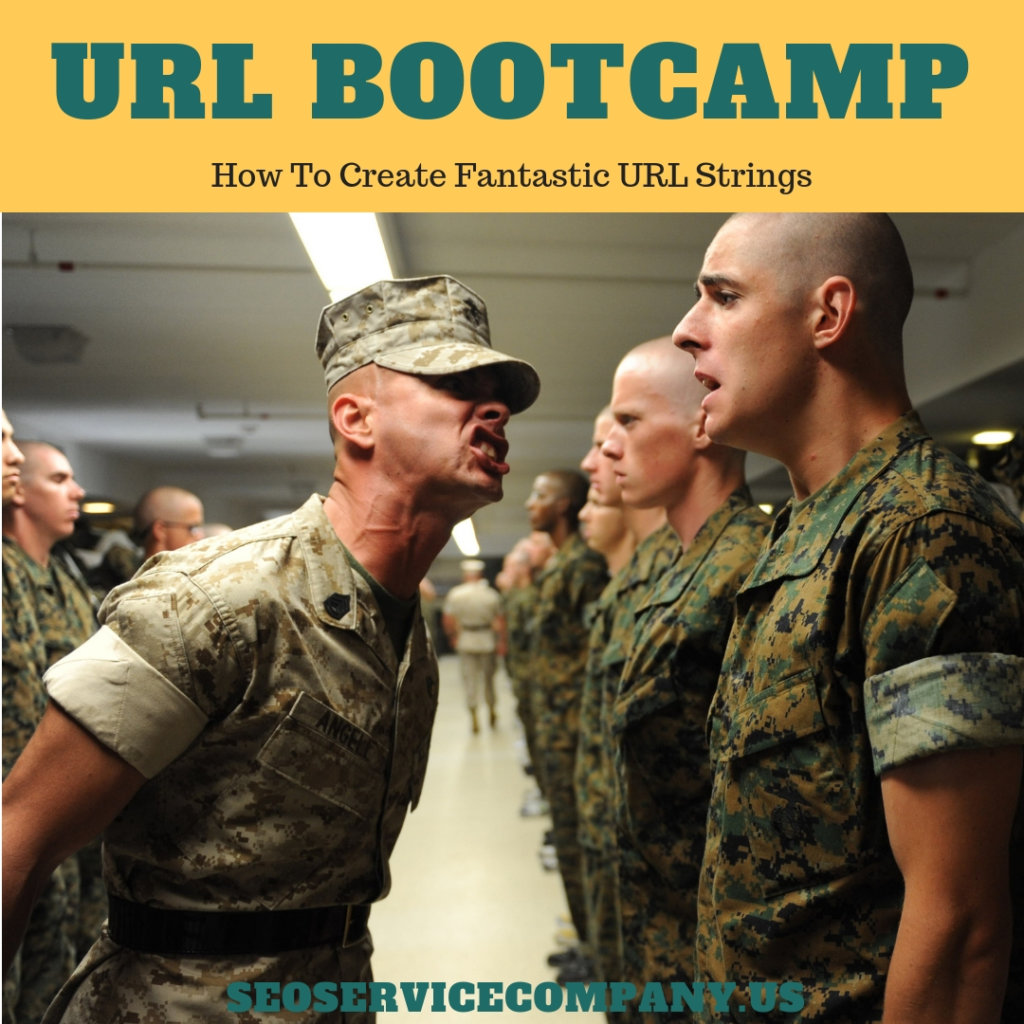
URL Bootcamp
URL’s are the main component of how the internet works. You can’t go anywhere online without there being a web address to head to. How you structure a URL and what your page URL ends up being can certainly boost search engine rankings.
Here are some basic tips on ways you should structure your URLs or how to develop them. These are not everything you could be doing but a general highlight of key factors.
- Can Humans Read It? – It doesn’t have to be perfect English but http://mydomain.com/horses-galloping-frantically is A LOT easier to read than http://wp834.mydomain.cc/8xbR2/re?=hksoirng48lso323=p#galloping don’t you think?
- Keywords Are Still Good – Having a few select keywords in your URL string is a positive thing. This actually indicates to users and search engines what content the page contains and if it’s relevant for their search. Also, because the keywords are visible in the link, searchers are more likely to click on that link. Following that train of thought, if someone reposts your content and gives you credit on their page, your link showcasing keywords is serving as anchor text.
- The Shorter, The Better – Short, concise URL strings are the best. You don’t have to go overboard with this but you may want to consider keeping your URL string under 60 characters.
- Stop Words Are Expendable – Stop words such as “in”, “and”, “for”, “but”, etc., are not needed in URLs. Only include them if you think it helps the content but remember that they are not necessary.
- Match Up – When you can, try and have the URL match up to the title of the article or post it represents. There will be times when this just won’t work or you may end up with a lengthy URL. Use your best judgement when it comes to matching them up.
- Eliminate The Riff-Raff – Try to exclude things that clutter your URL such as page parameters (the infamous id= and aspx strings), hashtags, crazy punctuation or redirect strings. There are programs that can help you clean up your URL and, as a general rule, you shouldn’t have more than two redirects to get to the page otherwise search engines can devalue your site importance.
- Don’t Repeat – Do NOT use keywords more than once in a single URL string. This looks extremely SPAMMY and the search engines may penalize you for your actions. The algorithms no longer support keyword stuffing so you will see no boost.
In the end, you have to use your best judgement when it comes to developing an appropriate URL string for your article or post page. When separating words, use hyphens or underscores and try to keep everything lowercase in the instance of case sensitivity. There is more you can do to optimize your URL but these tips will go a long way in providing you the best foundation for creating winning URL strings.
With a plethora of options available when it comes to advertising, your small business might just reap bigger rewards than both you and the competition realize!
Join us for the TGR SEO Services 2020 roundup and, on behalf of everyone here, have a joyous, abundant, prosperous, happy and healthy coming year!
The entire staff of TGR SEO Services would like to wish you a joyous holiday filled with love, happiness, glad tidings and good health!




